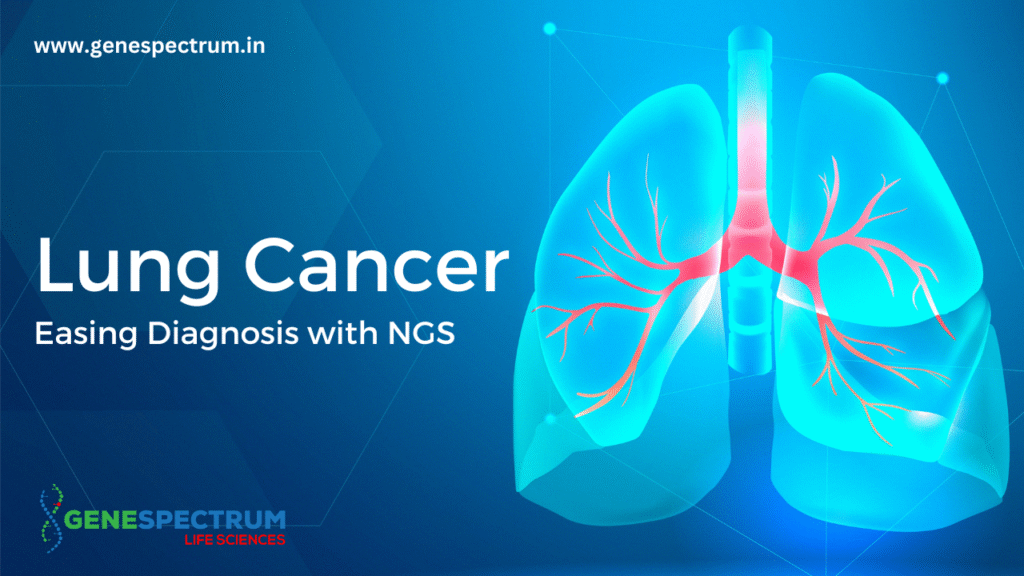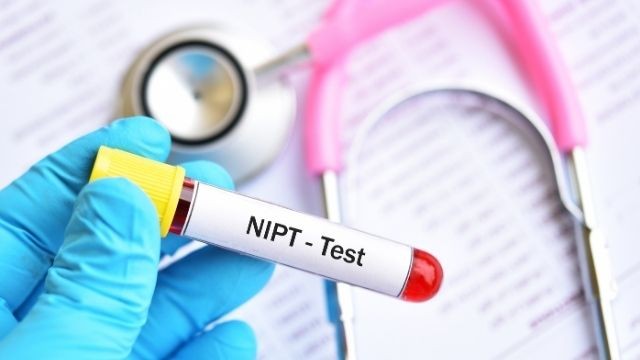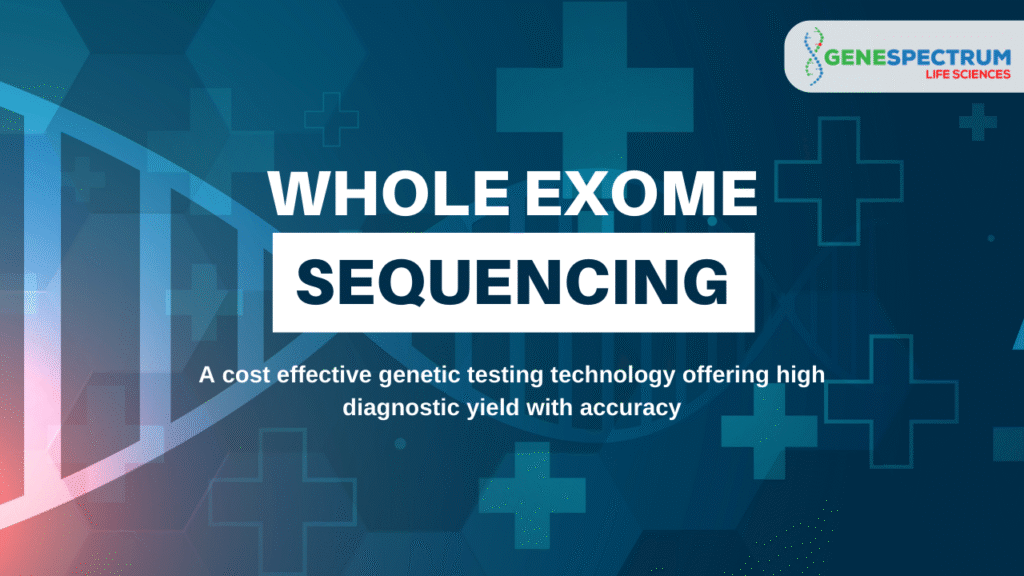
Lung cancer remains one of the most prevalent and deadly forms of cancer worldwide. It affects millions of individuals each year, causing significant morbidity and mortality. However, recent advancements in medical technology, particularly Next-Generation Sequencing (NGS), have revolutionized our understanding of lung cancer and have led to significant improvements in diagnosis, prevention, and treatment selection. In this blog post, we will explore the role of NGS in transforming lung cancer management and its potential to advance precision medicine.
Understanding Lung Cancer
Lung cancer develops when abnormal cells in the lungs grow uncontrollably, forming a tumor. There are two primary types of lung cancer: non-small cell lung cancer (NSCLC) and small cell lung cancer (SCLC). NSCLC is the most common form, accounting for approximately 80-85% of all lung cancer cases. SCLC is less prevalent but tends to be more aggressive.
Diagnosis through NGS
Next-Generation Sequencing has emerged as a powerful tool in the diagnosis of lung cancer. Traditional diagnostic methods, such as histopathology and immunohistochemistry, have limitations in accurately identifying specific genetic alterations driving tumor growth. NGS allows for the simultaneous analysis of multiple genes, offering a comprehensive view of the genomic landscape of lung cancer. By sequencing the DNA or RNA of tumor samples, NGS can detect specific mutations, gene fusions, and alterations in gene expression, aiding in precise diagnosis and subclassification of lung cancer.
NGS-Based Prevention Strategies
NGS technology also plays a crucial role in identifying individuals at high risk of developing lung cancer. Through genetic testing, certain genetic mutations associated with increased susceptibility to lung cancer can be identified. For example, the EGFR gene mutation is prevalent in certain populations and is associated with increased lung cancer risk. Identifying individuals with these genetic predispositions enables targeted screening and surveillance programs, allowing for early detection and intervention.
Moreover, NGS can be utilized to study the genetic variants that impact individual response to tobacco smoke, a major risk factor for lung cancer. By identifying these variants, researchers can gain insights into the mechanisms of tobacco-related carcinogenesis and develop personalized smoking cessation strategies to reduce the risk of developing lung cancer.
Precision Treatment Selection
One of the most significant advancements facilitated by NGS in lung cancer management is the ability to select targeted therapies based on the tumor’s genetic profile. NGS can identify specific mutations, such as EGFR, ALK, ROS1, and BRAF, which drive tumor growth and survival. These mutations serve as actionable targets for precision medicine approaches.
Targeted therapies, such as tyrosine kinase inhibitors (TKIs), have revolutionized the treatment of lung cancer. They selectively inhibit the activity of specific mutated proteins, halting tumor growth and extending survival. NGS enables the identification of patients who are likely to benefit from targeted therapies, sparing them from unnecessary treatments and potential side effects.
Additionally, NGS-based liquid biopsies have gained prominence in monitoring treatment response and detecting resistance mechanisms. These non-invasive tests analyze circulating tumor DNA (ctDNA) released into the bloodstream, providing real-time information on tumor dynamics and treatment effectiveness. This enables timely adjustments to treatment strategies, such as switching to alternative therapies or combining treatments to overcome resistance.
Future Implications
NGS has transformed lung cancer management, but the future holds even more promise. With ongoing advancements in sequencing technologies and computational analysis, NGS will become more accessible, cost-effective, and precise. It will help uncover novel driver mutations, predictive biomarkers, and potential therapeutic targets. NGS will also aid in understanding the complex interplay between genetic alterations and the tumor microenvironment, paving the way for innovative immunotherapies and combination therapies.
NGS technology is not only limited to tumor analysis but also extends to germline sequencing. Germline testing allows for the identification of inherited genetic mutations that increase the risk of developing lung cancer. This knowledge can guide preventive measures and screening strategies for individuals with high-risk genetic variants, leading to earlier detection and potentially life-saving interventions.
Conclusion
Next-Generation Sequencing has revolutionized the diagnosis, prevention, and treatment selection for lung cancer. By unraveling the genetic landscape of tumors, NGS enables precise classification, identification of high-risk individuals, and selection of targeted therapies. It has transformed lung cancer management by guiding treatment decisions, monitoring response, and detecting resistance mechanisms. As NGS technology continues to advance, it holds tremendous potential to further refine precision medicine approaches, improve patient outcomes, and drive advancements in lung cancer research.
As we continue to unlock the mysteries of lung cancer through NGS and other scientific breakthroughs, we inch closer to a future where this devastating disease can be effectively managed, and lives can be saved. Through precision medicine approaches guided by NGS, we have the opportunity to transform lung cancer from a life-threatening condition to a manageable chronic disease, giving hope to patients and their loved ones.
Overall, Next Generation Sequencing has become a main part of the comprehensive management of lung cancer. With other diagnostic modalities, such as imaging techniques and clinical assessment, NGS provides a holistic approach to patient care. Collaboration between clinicians, researchers, and bioinformatics experts is crucial to harness the full potential of NGS and translate it into meaningful advancements in lung cancer prevention, diagnosis, and treatment.
hashtag#bioinformatics hashtag#genomics hashtag#dnasequencing hashtag#lungcancer hashtag#precisiononcology

